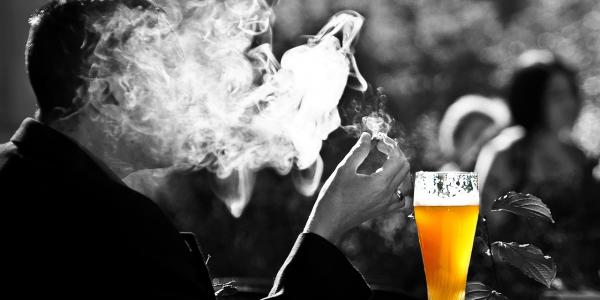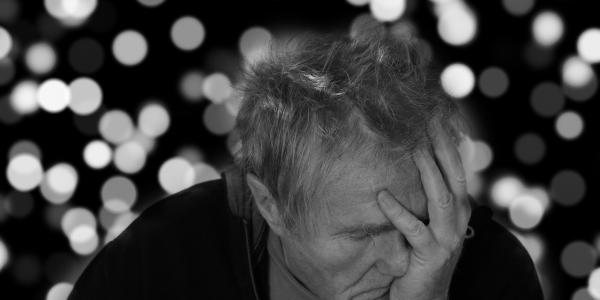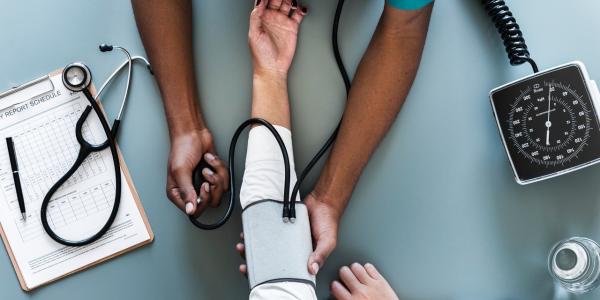What are the Warning Signs?

What are the warning signs that I might have a problem with alcohol?
Drinking problems can sneak up on people, with a few mild symptoms that could easily be missed as signs of trouble. Over time, with continued heavy drinking, these little symptoms could begin to worsen, and eventually, add up to a pretty big problem.
Take a look at these signs and symptoms and see if you recognize any of these in yourself:
In the past year, have you:
- had times when you ended up drinking more, or longer, than you intended?
- more than once wanted to cut down or stop drinking, or tried to, but couldn't?
- more than once gotten into situations while or after drinking that increased your chances of getting hurt (such as driving, swimming, using machinery, walking in a dangerous area, or having unsafe or unwanted sex)?
- had to drink much more than you once did to get the effect you want? Or found that your usual number of drinks had much less effect than before?
- continued to drink even though it was making you feel depressed or anxious or adding to another health problem? Or after having had a memory blackout?
- spent a lot of time drinking?
- spent a lot of time feeling sick because of drinking, or getting over other aftereffects?
- continued to drink even though it was causing trouble with your family or friends?
- found that drinking—or being sick from drinking—often interfered with taking care of your home or family? Or caused job troubles? Or school problems?
- given up or cut back on activities that were important or interesting to you, or gave you pleasure, in order to drink?
- gotten arrested, been held at a police station, or had other legal problems because of your drinking?
- found that when the effects of alcohol were wearing off, you had withdrawal symptoms, such as trouble sleeping, shakiness, restlessness, nausea, sweating, a racing heart, or a seizure? Or sensed things that were not there?
If you do have any of these symptoms, then your drinking habits may already be something to really think about. With regard to the list:
- The symptoms toward the top of this list (eg., drinking more than you intended) tend to be early signs of potential trouble.
- Those further down the list (eg., continued to drink even though it causes trouble to friends/family) suggest someone who is moving further down a risky, potentially dangerous path toward an even more serious problem.
The more symptoms you have, the more serious the problem.
Ok, it looks like I have some of these symptoms. What now?
If, after looking at this checklist, you think that you might have a problem and you are thinking about reducing your risks for a problem, there are a few options for you:
- Cut back or quit. Some people with few, mild symptoms can cut back effectively. But for others, it’s safest to just quit altogether.
- Change on your own, or get some help. Many people can change on their own, using tips like the ones found on this site. Many others need some help doing this.
- Talk with a healthcare professional, such as your primary care physician. They should be able to look at these symptoms and tell you if there is a problem, and then help you decide what the best course of action would be to take. If they can't help you, they will be able to refer you to another professional who can.
Is this the time to make a change?
If you are thinking about making a change in your drinking habits, you might want to look at some of the tools and questionnaires available through Thinking about Drinking Tips & Tools. If you would like to learn more about how drinking can impact your health, read the next article in this series.
Related Articles

Dependency
If you drink too much for too long, you can become dependent, or physically addicted, to alcohol.

Risks to Psychological Health & Appearance
Drinking over the recommended limits can increase the risk to your psychological well-being.

Immediate & Long Term Health Risks
Drinking over the recommended limits can have immediate as well as long term health risks.






